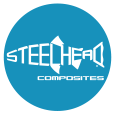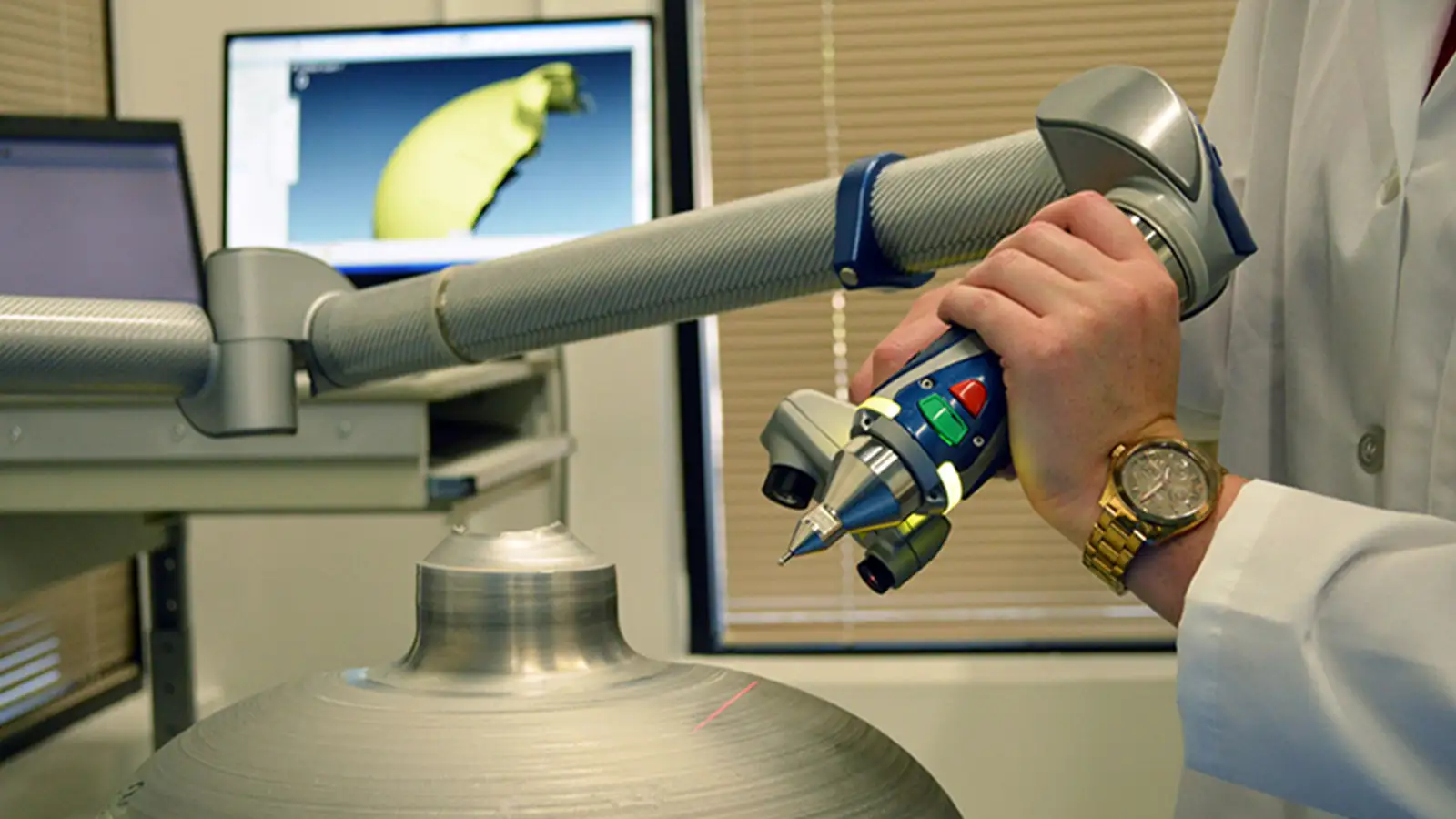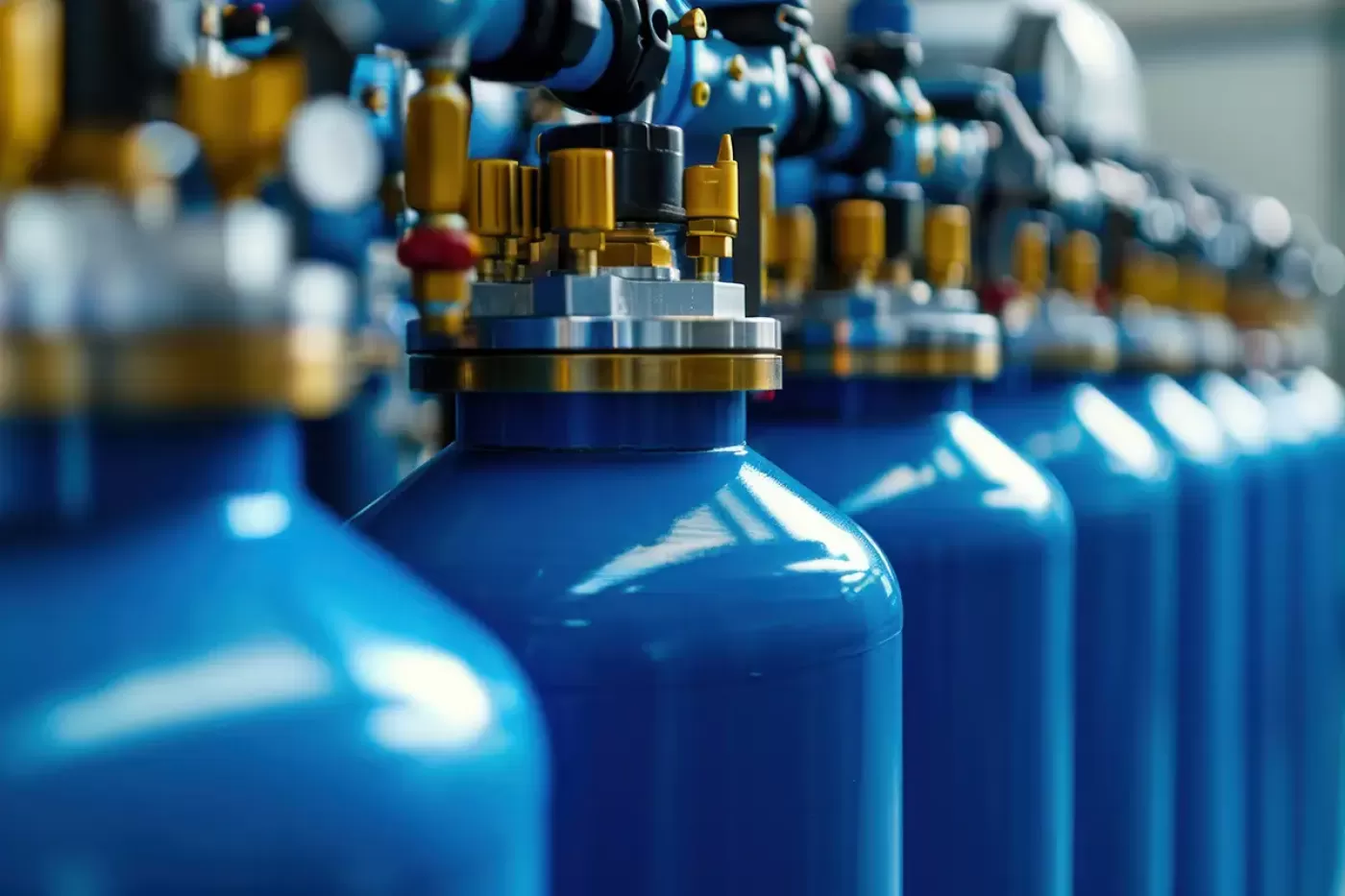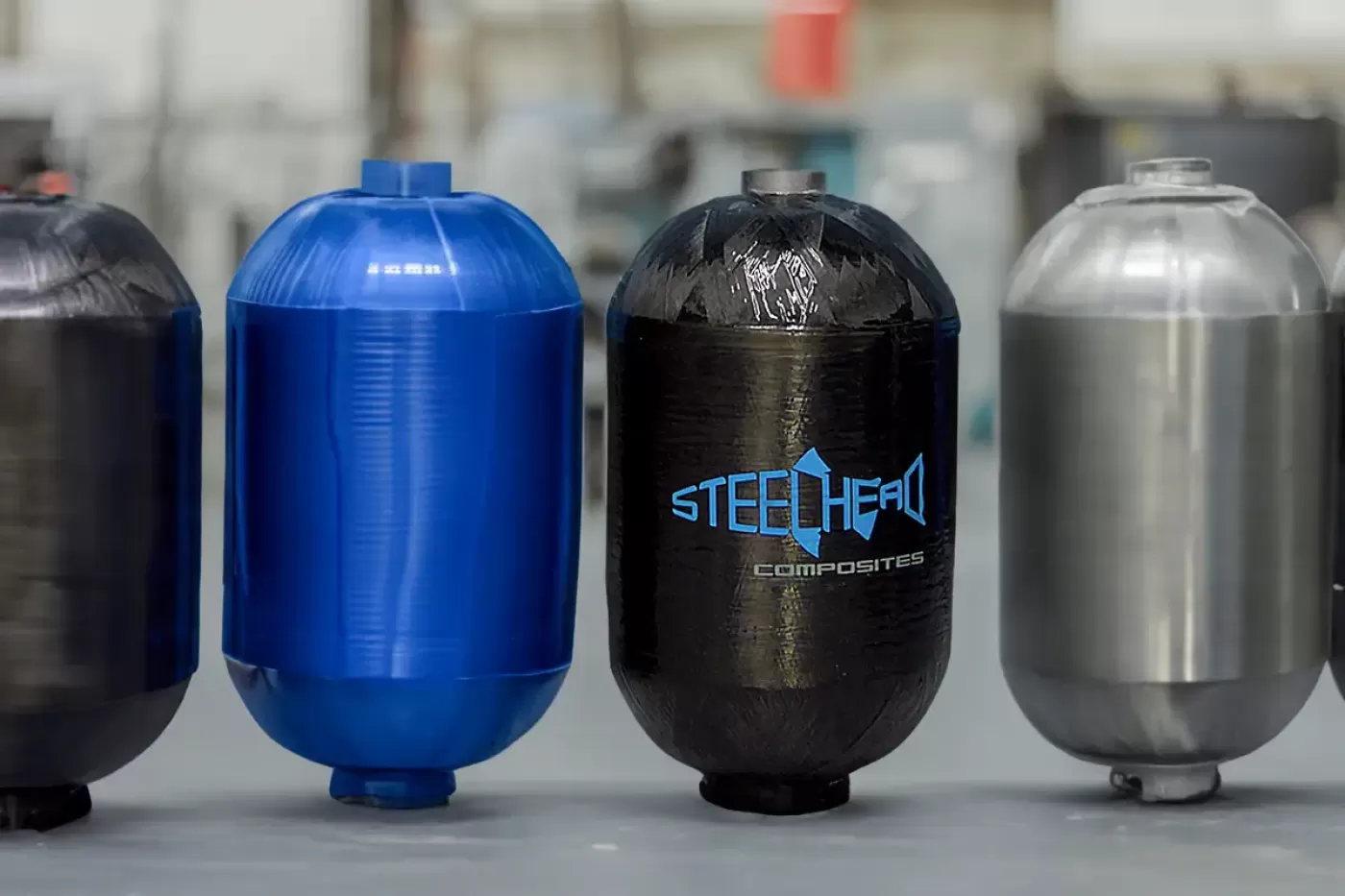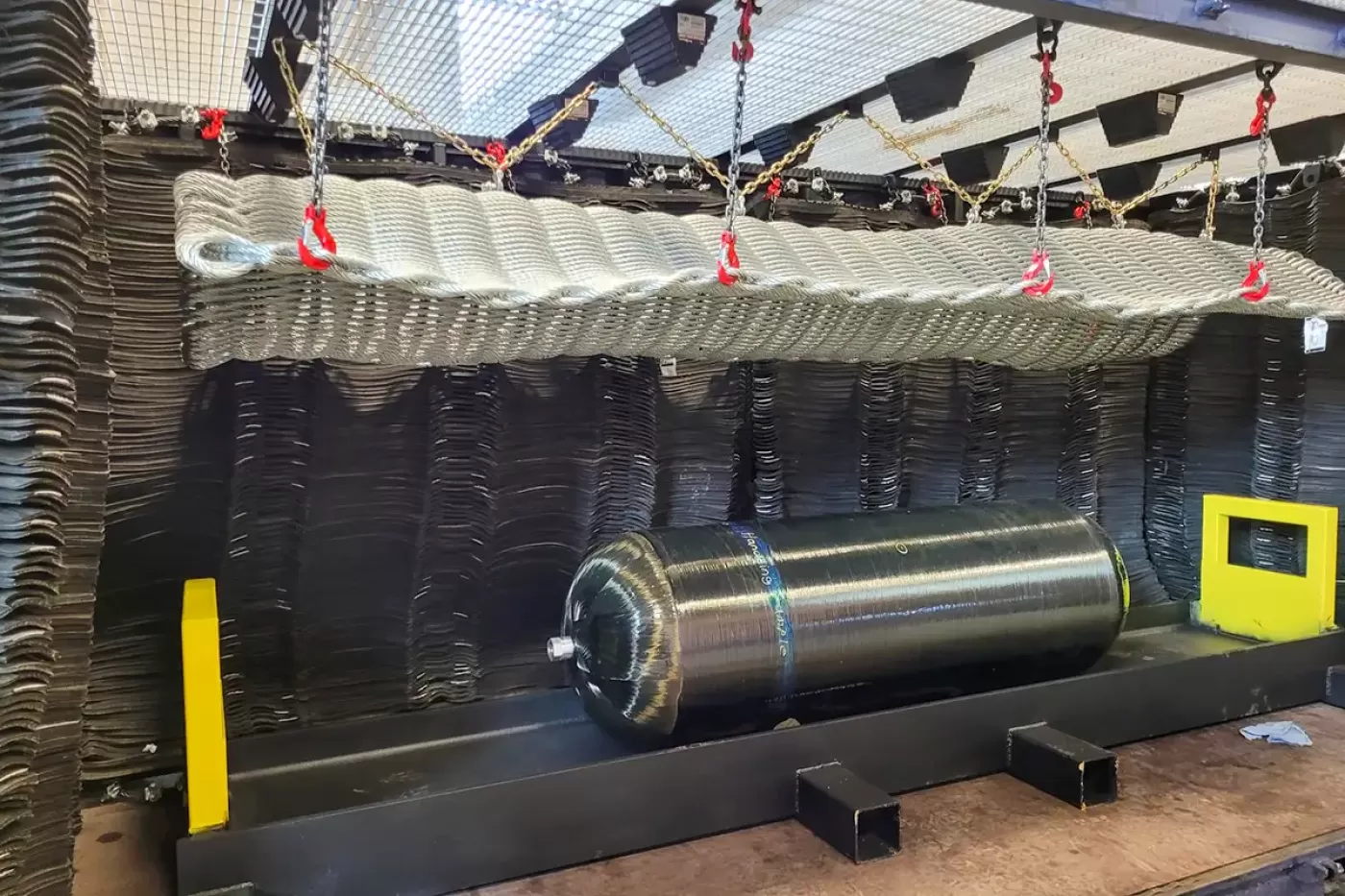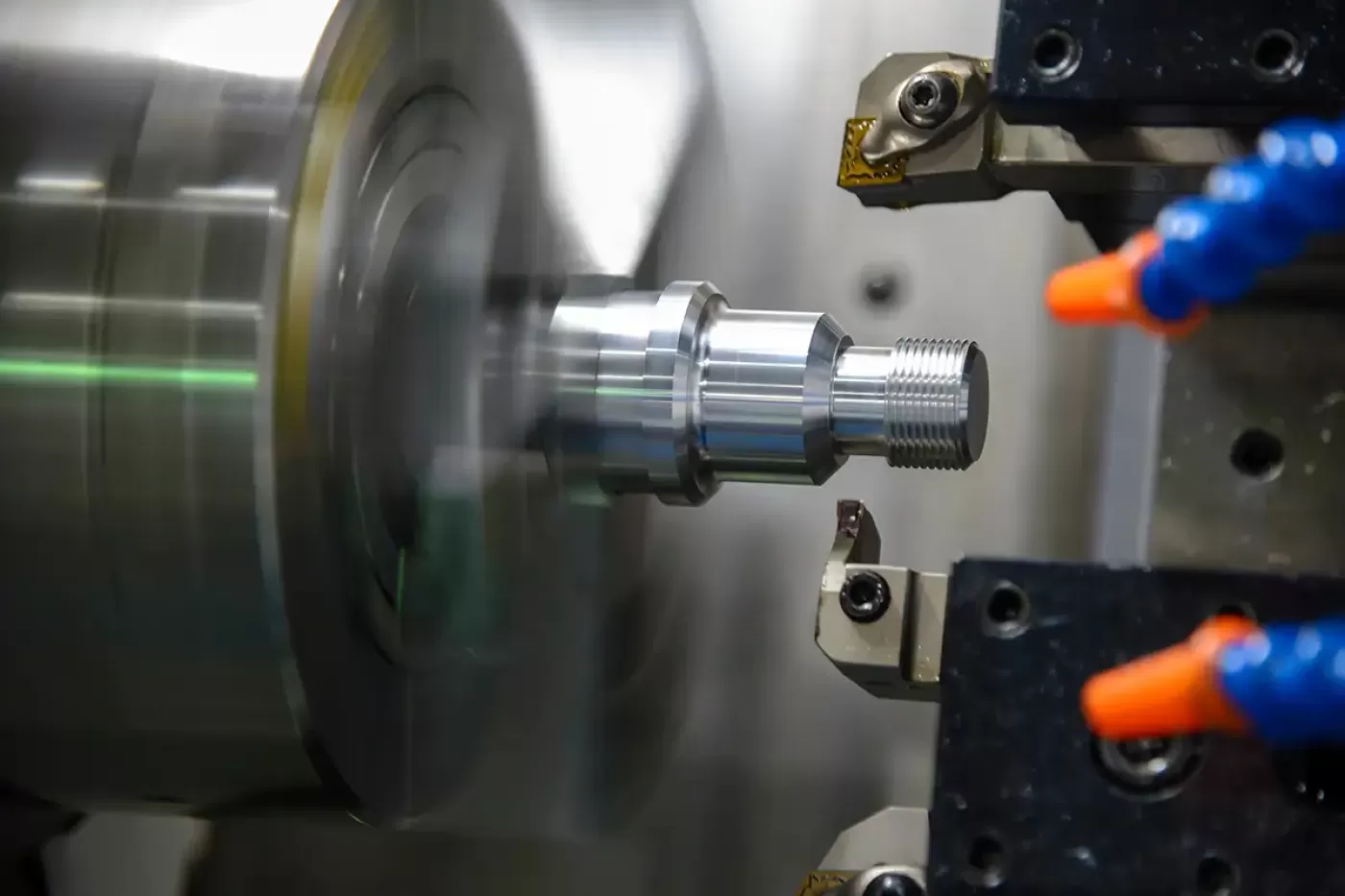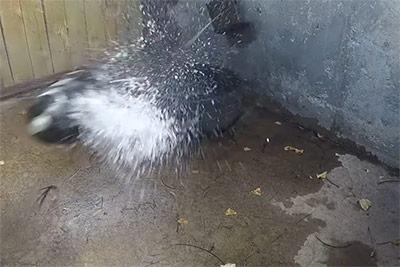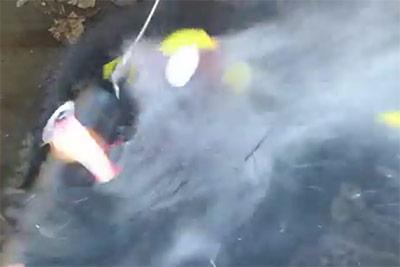Steelhead Composites is not just committed to manufacturing excellence — quality is our essence. We offer an extensive range of testing services, including Pressure Vessel Testing, Cycle Testing, Hydrostatic Burst Testing, and Material Testing Services. These aren't mere procedures; they embody our dedication to delivering products of the highest caliber, ensuring unparalleled safety and precision. Choose Steelhead Composites for industry-leading, thorough testing standards.
Pressure Vessel Testing
- Proof pressures up to an astounding 1634 Bar (23,700 psi)
- Direct Expansion (DE) volumetric data meticulously recorded
- We accommodate vessels up to 457 mm (18 in) in outer diameter and 3353 mm (11 ft) in length
- External pressure testing capability up to 68 Bar (1,000 psi) size limited to 558 mm (22 in) in diameter x 1270 mm (15 in) in length
Cycle Testing
- Precise control with pressures ranging from 13 to 689 Bar (200 to 10,000 psi)
- Achieve 0.25% full-scale pressure accuracy
- Conduct holds from 0 to 60 seconds at target or minimum pressure
- Maximum flow rate of 27.6 liters per minute (7.3 gallons per minute)
- Attain a maximum cycle rate of 10 cycles per minute, with rate dependent on vessel expansion
- Programmable temperature control, ensuring safe operations
Hydrostatic Burst Testing
- We operate within a pressure range from 0 to a staggering (1723 Bar) 25,000 psi
- Our capacity accommodates a wide range of lengths and diameters
- We utilize a Vishay Data Acquisition System for precision
- Monitor pressure vs. strain data with meticulous attention
Material Testing Services
- Equipped with a 10 kN Instron Load Frame
- Apply strain gauges and achieve high-speed data acquisition
- Conduct mechanical testing compliant with ASTM Standards, including ASTM D4018 and ASTM D638.
- Leverage Differential Scanning Calorimetry (DSC) for materials analysis
- Utilize a Portable CMM with a Ceramic Probe accurate to 0.1524 mm (0.0006 in)
- Employ a 3D Scanning Laser Line Probe accurate to 0.03556 mm (0.0014 in), ensuring complex geometry verification to CAD standards
